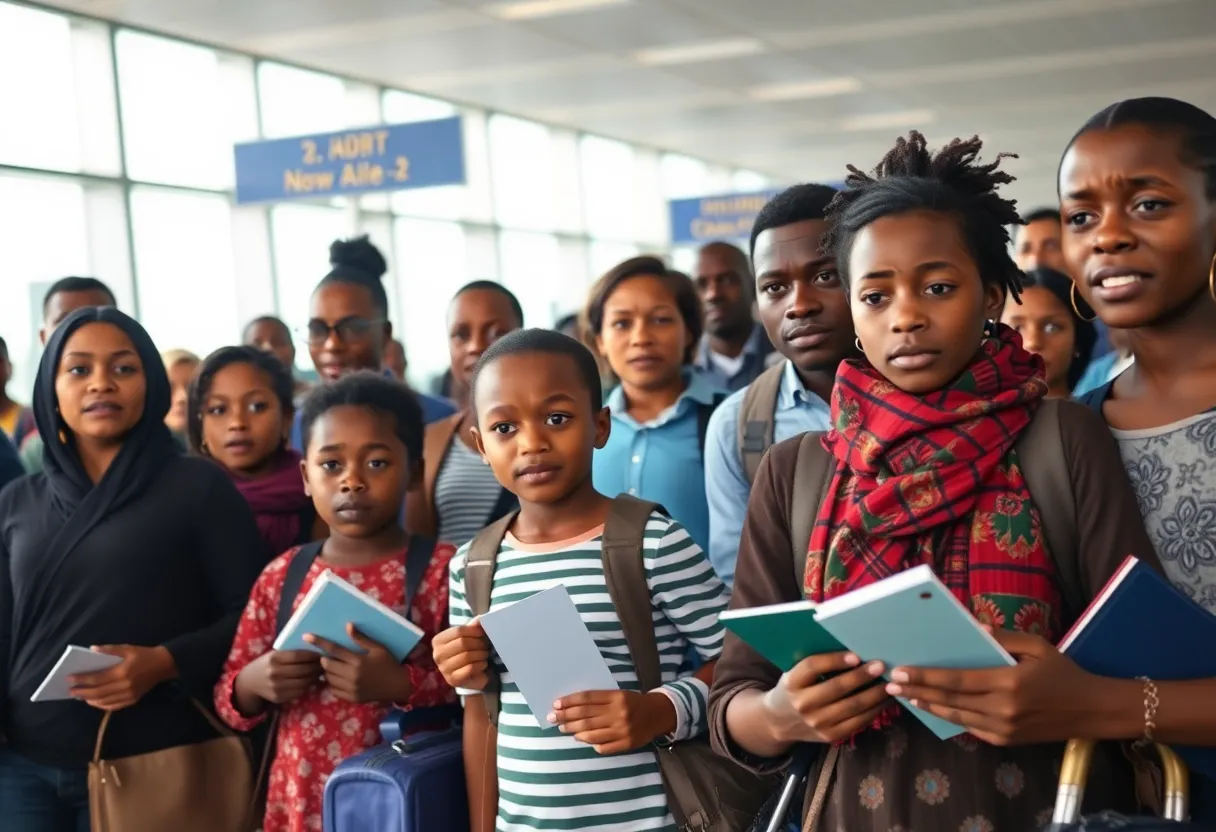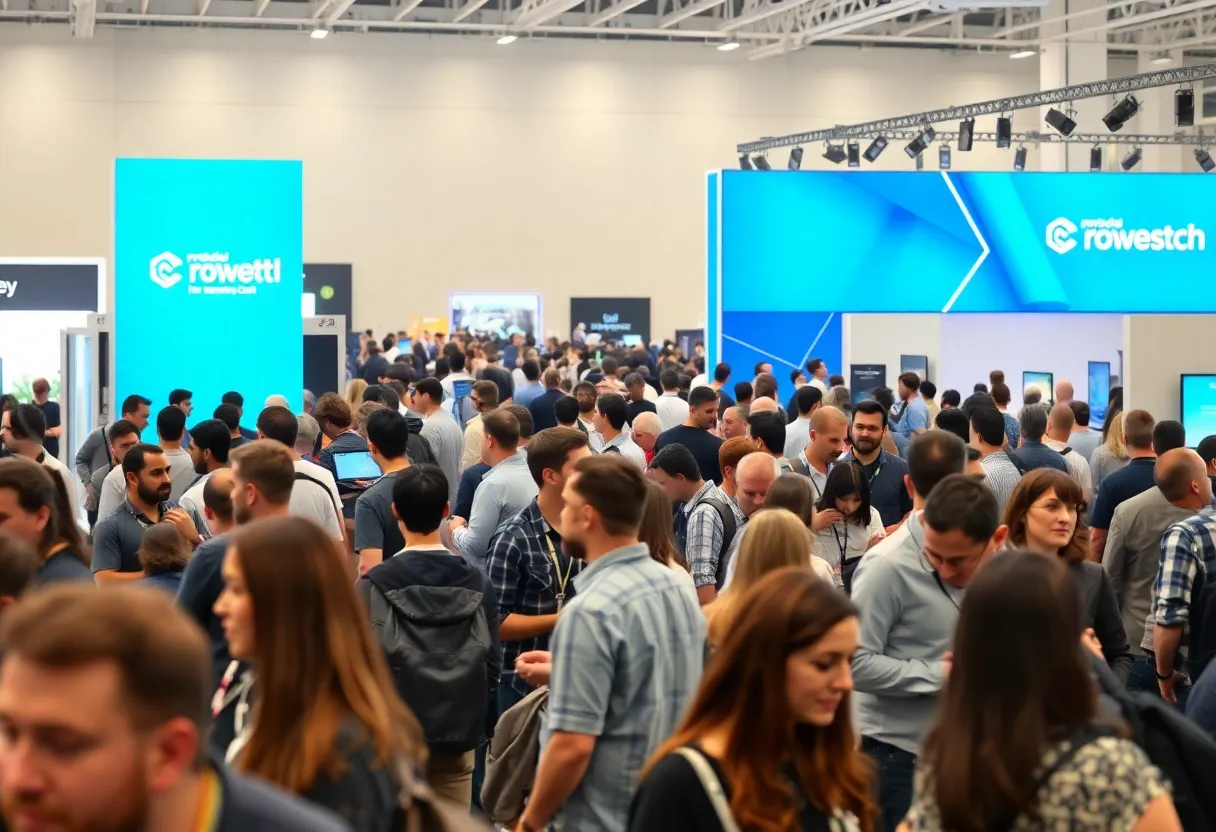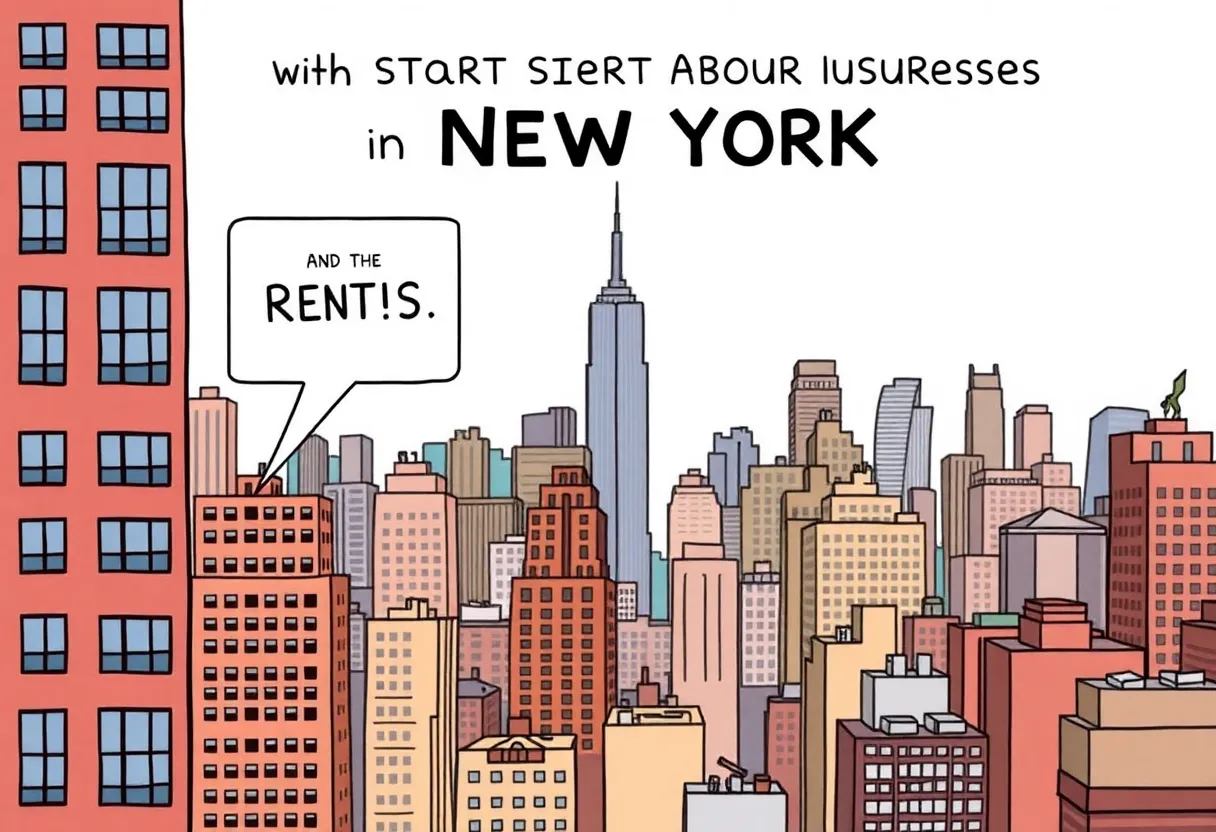News Summary
As New York City prepares for the Democratic primary on June 24, former Governor Andrew Cuomo leads the mayoral race, facing intense scrutiny from rivals. Political newcomer Zohran Mamdani emerges as a strong challenger, advocating bold proposals for housing and affordability. The primary is marked by debates between progressive and centrist candidates, with outside influences and funding shaping the landscape. Key issues include crime and budget deficits, and the outcome may greatly affect the general election in November.
New York City is poised for a significant political event as the Democratic primary takes place on June 24, with early voting set to begin on June 14. This primary could play a pivotal role in determining not only the next mayor of New York City but also the comptroller, borough presidents, and members of the City Council.
Former Governor Andrew Cuomo currently leads in the mayoral race according to polling data, but his position is becoming increasingly contentious as rivals intensify their attacks. Cuomo, while enjoying strong support thus far, is facing scrutiny over his record and policies, suggesting that the campaign will only heat up as the primary date approaches.
Political newcomer Zohran Mamdani, a 33-year-old socialist Assemblyman from Queens, is emerging as a significant challenger. Mamdani has garnered attention and support, consistently polling in second place behind Cuomo. Recent polls from Emerson College indicate that if the election were to be decided in a head-to-head match between Mamdani and Cuomo, Mamdani could receive as much as 46% of the vote in the final ranked-choice scenario.
Mamdani’s campaign is characterized by bold proposals aimed at addressing critical issues such as affordability and housing. He envisions raising $10 billion annually through tax increases on millionaires and corporations, aimed at funding initiatives like universal free child care and five city-owned grocery stores. Additionally, Mamdani plans to borrow funds to construct 200,000 affordable housing units, a proposal that exceeds those put forth by Cuomo and addresses the city’s growing housing crisis.
The primary race is unfolding amid broader debates within the Democratic Party between progressive candidates like Mamdani and centrists like Cuomo. While Cuomo’s establishment-oriented approach appeals to some, Mamdani’s proposals resonate with a base advocating for substantial systemic changes. Critics of Mamdani often characterize his policies as socialist, while his supporters argue that his ideas are comparable in feasibility to Cuomo’s plans.
Outside factors are also shaping the political landscape. Super PACs, with significant funding from corporate entities such as Uber and DoorDash, are heavily influencing the race. A pro-Cuomo PAC known as Fix the City has raised considerable amounts of money to bolster Cuomo’s campaign, highlighting the critical role of money in this electoral cycle. Key issues driving the race include crime, mental health challenges, affordability, and a projected budget deficit due to anticipated federal cuts—all factors that candidates will need to address to win voters over.
As candidates prepare for the primary, there is a wariness about cross-endorsements, even though they may offer strategic advantages, particularly in the context of ranked-choice voting. The dynamics of the race may shift considerably depending on how candidates perform in debates and engage with voters in the remaining weeks leading up to the elections.
Mamdani’s recent debate performances have attracted scrutiny, especially concerning his views on Israel and anti-Zionism. This issue could influence voter perceptions as the primary approaches. Meanwhile, the Working Families Party, traditionally a significant player within the Democratic realm, might not support Cuomo if he becomes the nominee, setting the stage for a competitive general election.
The November general election is also anticipated to feature incumbent Eric Adams, who will run as an independent, alongside Republican candidate Curtis Sliwa and independent attorney Jim Walden. With the political environment constantly evolving, the final polling numbers will likely reflect the candidates’ intensified advertising and outreach efforts before the primary.
Deeper Dive: News & Info About This Topic
HERE Resources
Investigation into New York’s Medicaid Homecare Program
New York Moves to Legalize Wine Sales in Grocery Stores
Citigroup Ends Seven-Year Firearm Policy
NFIB Launches Campaign to Support Small Business Tax Deduction
Correction Officers File Class Action Lawsuit Against New York State
Cuomo Leads as NYC Mayoral Race Heats Up
Home Care Workers Sue PPL Over Wage Issues in NYC
Andrew Cuomo Leads New York City Mayoral Race Amid Controversies
New York State Passes $254 Billion Budget Amid Controversies
Elon Musk’s CBS Interview: A Gaze Into His World
Additional Resources
- City & State NY: 5 Moments Defined First NYC Mayoral Primary Debate
- Wikipedia: New York City Mayoral Election, 2025
- Politico: 1st NYC Mayoral Primary Debate
- Google Search: New York City Mayoral Race 2025
- Al Jazeera: New York City Mayoral Race – All You Need to Know
- Google Scholar: New York City Mayoral Debate
- NY Post: Who Won the First NYC Democratic Mayoral Primary Debate?
- Encyclopedia Britannica: New York City
- The Guardian: Democratic Candidates for New York Mayor Spar over Housing, COVID, and Trump
- Google News: New York City 2025 Election








